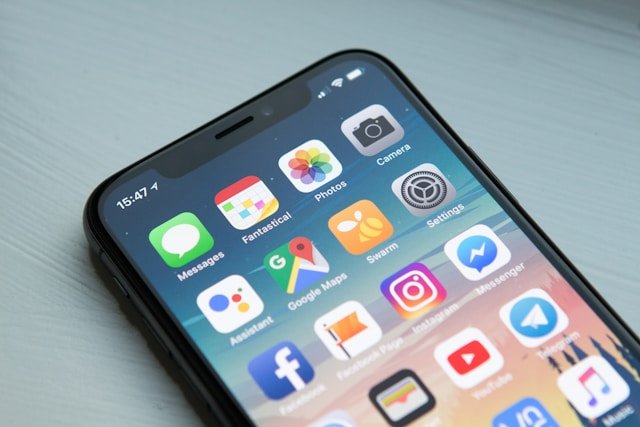Cambridge report urges NHS to create safe alternative as Femtech apps exploit intimate data
Smartphone apps that track menstrual cycles are quietly amassing deeply personal data, fuelling a booming industry with little oversight and raising alarming safety concerns for millions of women, a damning Cambridge report has warned.
Researchers at the University of Cambridge’s Minderoo Centre for Technology and Democracy argue that period-tracking apps have become a “gold mine” for advertisers and data brokers. These apps collect far more than cycle dates, hoovering up information about diet, exercise, sexual activity, medication, hormone levels, contraception use, and even emotional states.
The financial value of this data is “vastly underestimated” by the women providing it, the report states. Users are often unaware that highly intimate details are being sold to third parties, creating grave risks to their privacy, health, and safety.
Lead author Dr Stefanie Felsberger sounded the alarm: “Menstrual cycle tracking apps are presented as empowering women and addressing the gender health gap. Yet the business model behind their services rests on commercial use, selling user data and insights to third parties for profit.”
The consequences, the report warns, could be devastating. In the wrong hands, menstrual data could jeopardise job prospects, lead to workplace surveillance, influence health insurance decisions, enable cyberstalking, and even be weaponised to limit access to abortion.
In the United States, menstrual data has already been used by officials attempting to undermine abortion rights. In the UK, though this information is legally classified as “special category” data with stricter protections, enforcement remains weak. Some apps have even been used to charge women seeking abortion services.
“Menstrual tracking data is being used to control people’s reproductive lives,” Felsberger added. “It should not be left in the hands of private companies.”
The report highlights how pregnancy-related data holds immense commercial value, with advertisers paying handsomely to target women navigating major life changes. Researchers estimate that pregnancy data is over 200 times more valuable than typical consumer data such as age or location.
Dr Gina Neff, Executive Director of Cambridge’s Minderoo Centre, was blunt: “Women deserve better than to have their menstrual tracking data treated as consumer data, but there is a different possible future.”
Globally, femtech is predicted to surpass US$60 billion by 2027, with period-tracking apps accounting for half that market. Three of the most popular apps alone saw around 250 million downloads in 2024, demonstrating the staggering scale of the issue.
Embed from Getty ImagesThe Cambridge team is now urging public health bodies, including the NHS, to intervene. They argue that the UK should develop its own transparent, research-driven menstrual tracking app to rival private offerings. An NHS-backed app, they say, would ensure users’ data is used only for valid medical purposes and fully informed consent would be mandatory.
“The UK is ideally positioned to solve the question of access to menstrual data for researchers, as well as privacy and data commodification concerns,” Felsberger said. She noted that while Planned Parenthood offers a trusted app in the US, Britain lacks an equivalent.
Investigations by Privacy International and others have exposed how even after recent data protection improvements, period-tracking companies continue to share information with advertisers, cloud networks, and outsourced developers—often with “no meaningful consent” from users.
At the very least, Felsberger argues, commercial apps should add delete buttons that permanently erase data from both devices and company servers, reducing the risk of that information later being used against users in legal or medical situations.
The report concludes by calling for stronger enforcement of existing regulations and greater public awareness. It urges schools to teach students about the privacy risks of health apps, arming young people with digital literacy to avoid exploitation.
As women increasingly turn to apps for health insights, Cambridge’s findings issue a stark warning: without urgent reform, the personal data powering the femtech boom could ultimately cost women far more than they ever imagined.
